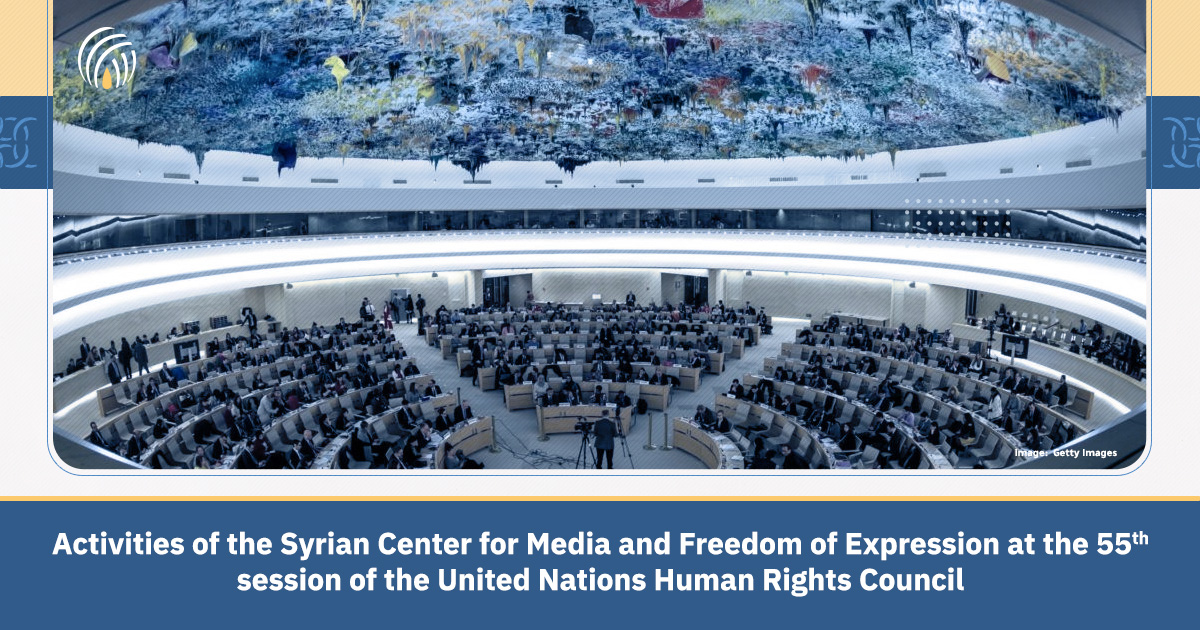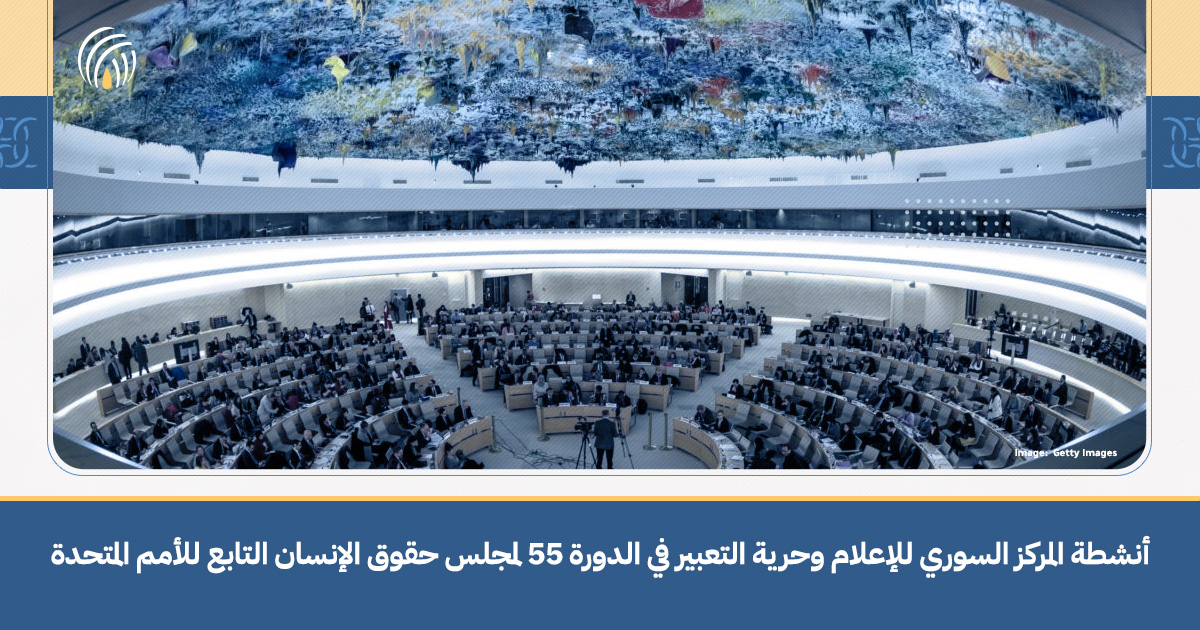In the latest initiative aimed at tightening government control of the Internet, the heads of around 40 leading technology companies – including Sina Corp (which owns the Sina Weibo micro-blogging website), Baidu (the leading search engine) and Tencent (owner of the QQ messaging service) – were invited to a long meeting last week with officials in Beijing.
-

-
Robin Li, CEO of Baidu, and Charles Chao, CEO of Sina Corp.
In the course of the three-day meeting, which ended on 6 November and was hosted by the Internet Information Office, the Internet companies undertook to implement government directives on online surveillance and to combat pornography, fraud and the dissemination of rumours and false information online.
Reporters Without Borders condemns the promised cooperation, which will have the effect of turning these companies into the accomplices of the government’s cyber-censorship.
Industry and information technology minister Miao Wei told the Internet companies they must increase their investment in “tracking surveillance.”
Of late, the government seems to have been stepping up its efforts to curb the free flow of news and information online. At the end of last month, reports of rioting in the east of the country were filtered and searches for Zhili, the name of the city that was the centre of the unrest, were blocked.
The authorities also stepped up their control of the Internet in Inner Mongolia following protests about the death of a herdsman on 20 October while trying to protect traditional grazing lands. Many Mongolian websites called for demonstrations against the government’s attempts to impose a news blackout on the affair, and access to several sites such as Boljoo, Mongolian BBS and Medege was blocked.
China is on the Reporters Without Borders list of “Enemies of the Internet” and is ranked 171st out of 178 countries in the Reporters Without Borders press freedom index.
Respect for free speech continues to deteriorate in China
27 October 2011
China’s restrictions on Internet use, which affect bloggers, journalists, activists and many others, have led the US ambassador to the World Trade Organization to complain about China’s “national firewall” and website blocking on the grounds that they violate WTO rules by making it harder for companies outside China to offer “services to Chinese customers.”
The complaint, the text of which was released on 19 October, was rejected the next day by foreign ministry spokeswoman Jiang Yu. “We do not accept using the excuse of ‘Internet freedom’ to interfere in other countries’ internal practices,” Jiang said, adding that China’s policy was to “maintain a good Internet environment and to safeguard public interest.”
In a country where the number of Internet users has reached half a billion and microblogging is now very popular, Reporters Without Borders condemns the government’s obsessive Internet control policies and its mendacious propaganda. The organization has followed many recent cases that highlight China’s repressive policies towards bloggers and online activists.
Propaganda
In Inner Mongolia, a herdsman identified only as Zorigt, was reportedly killed by an oil transport truck on 20 October while trying to protect his grazing lands in Huhtolgoi Gachaa, in the district of Uushin. The authorities tried to hush up the case, portraying it as an ordinary road accident, and the government news agency Xinhua ran a story supporting the official version.
But the case has set off a wave of online protests by Inner Mongolian netizens. A call for demonstrations is currently circulating online in Chinese and Mongolian, despite the Chinese government’s censorship. Several articles on the subject have “disappeared” from the Chinese Internet.
The local police have reportedly threatened the herdsman’s family and told them not to talk about the case. Any kind of demonstration has been strictly forbidden in Uushin. Reporters Without Borders calls on the authorities to allow journalists and bloggers to investigate the case and allow them to publish their findings.
The death of another herdsman, identified as Mergen, in similar circumstances five months ago prompted many demonstrations in Inner Mongolia. Many herdsmen have been beaten or attacked in disputes over oil and gas industry convoys crossing their lands.
Propaganda messages, probably posted by government-hired bloggers known as “50 cents,” have mushroomed online. One such post said: “Dear college students of Hohhot and friends from all walks of life, the event which took place in Galuut Township of Uushin Banner is just a traffic accident. Some people who have hidden intentions are interpreting it as an ethnic problem or a conflict with the oil and natural gas development. The government of Uushin Banner is taking the case extremely seriously (…) Hope our fellow students do not believe the rumours.”
Online censorship
The plenary session that the central committee of the Communist Party of China (CPC) held from 15 to 18 October was officially dedicated to “cultural reforms” but in reality was used to prepare new Internet control measures. The directive about protecting “cultural security” and enhancing the “influence” of Chinese culture that was issued after the plenum suggests that censorship will be reinforced yet again.
“Reform of the cultural system” means “ensuring that the media, publications, movies, Internet and so on serve the party’s goal of galvanizing patriotic and nationalistic sentiments,” Willy Lam, an expert in Chinese politics at the Chinese University of Hong Kong, told Agence France-Presse. Despite the “Great Firewall,” the government is still having difficulty in controlling the flow of criticism and undesired information online.
The CPC’s propaganda agencies recently stepped up the pressure on prominent Chinese Internet figures. Propaganda chief Li Changchun met Robin Li, the owner of China’s leading Internet search engine, Baidu, in September. Other senior propaganda officials met the owners of Youku (a YouTube equivalent) and Sina (the company that owns the very popular microblogging site Sina Weibo) in an apparent attempt to harmonize their commercial policies with the government’s political goals.
Several new keyword combinations are being blocked online. It is now impossible to search for a combination of the word “occupy” and the name of a Chinese city, for example, “Occupy Beijing”(占领北京) or “Occupy Shanghai”(占领上海)…), because the authorities clearly fear the spread of the “Occupy Wall Street” movement.
“Jasmine,” the adjective often applied to the revolution that toppled Tunisia’s President Ben Ali, is also censored. The China Digital Times website has a list of some of the terms that are censored on the Chinese Internet.
Internet users arrested for spreading “rumours”
Reporters Without Borders condemns the way the authorities use the fight against online “rumours” as a pretext to silence dissidents and carry out arrests.
In a communiqué posted on government sites on 25 October, the State Internet Information Office reported that the law banning the spreading of rumours had been applied several times to netizens who posted sensitive content. The office would continue its efforts to “stop rumours and punish the individuals and websites that spread them,” the communiqué said.
A student in Yunnan was arrested for spreading “false information” about a murder case on forums and blogs. A Shanghai resident was detained for two weeks for posting supposedly “forged” tax documents online. A website dedicated to a recent military aircraft accident was given a warning for posting information “without confirming the source or facts.”
Intimidation and harassment
Reporters Without Borders condemns the government’s harassment of the Inner Mongolian cyber-dissident Govruud Huuchinhuu, who has been under house arrest since November 2010. According to Xi Hai Ming (ショブチョード・テムチルト), a fellow Inner Mongolian dissident who is now a refugee in Germany, Huuchinhuu has been constantly harassed for years. “They put her under surveillance, her phone was tapped, her Internet was cut off, but she did not surrender,” Xi told the Southern Mongolian Human Rights Information Centre (SMHRIC).
In an open letter on the SMHRIC website, Huuchinhuu’s US-based son Cheel has appealed to the Chinese authorities to free her and urged governments, NGOs and media throughout the world to draw attention to her case. Her health has deteriorated as a result of the harassment and beatings she had received, he said.
Jail sentence
Reporters Without Borders deplores a Beijing court’s decision on 20 October to reject the appeal filed by the cyber-dissident Wang Lihong (王荔蕻) and to uphold the nine-month jail sentence she received on 12 August.
Chinese Internet Activist Wang Lihong Given 9… par NTDTV
Wang was are arrested on 21 March for staging a protest in support of three bloggers who were convicted of defamation by a court in the southern city of Fuzhou. She was convicted of disturbing public order. Han Yicun, one of her lawyers, said the trial was not fair because the judge kept on interrupting the defendant and her lawyers, preventing her from defending herself.
The artist Ai Weiwei voiced his support for Wang in a Tweet in August in Chinese and English. A support blog and Twitter petition are also available online.
Legalizing enforced disappearance?
The authorities are meanwhile currently considering a draft amendment to the criminal code that would legalize enforced disappearance. Under the proposed amendment, it would be legal in certain circumstances to arrest and hold detainees in a secret location for varying periods without notifying their families.
Reporters Without Borders condemns this proposed legislation, which would violate fundamental rights and would allow the authorities to gag all kinds of dissidents without having to provide any public justification for their actions. Gao Zhisheng, a famous human rights lawyer who has been missing since April 2010, is one of several dissidents who are already the apparent victims of enforced disappearance.
China is on the Reporters Without Borders list of Enemies of the Internet and is ranked 171st out of 178 countries in the 2010 Reporters Without Borders press freedom index. A year after being awarded the Nobel Peace Prize, the cyber-dissident Liu Xiaobo is still in prison.
http://en.rsf.org/chine-respect-for-free-speech-continues-27-10-2011,41303.html





